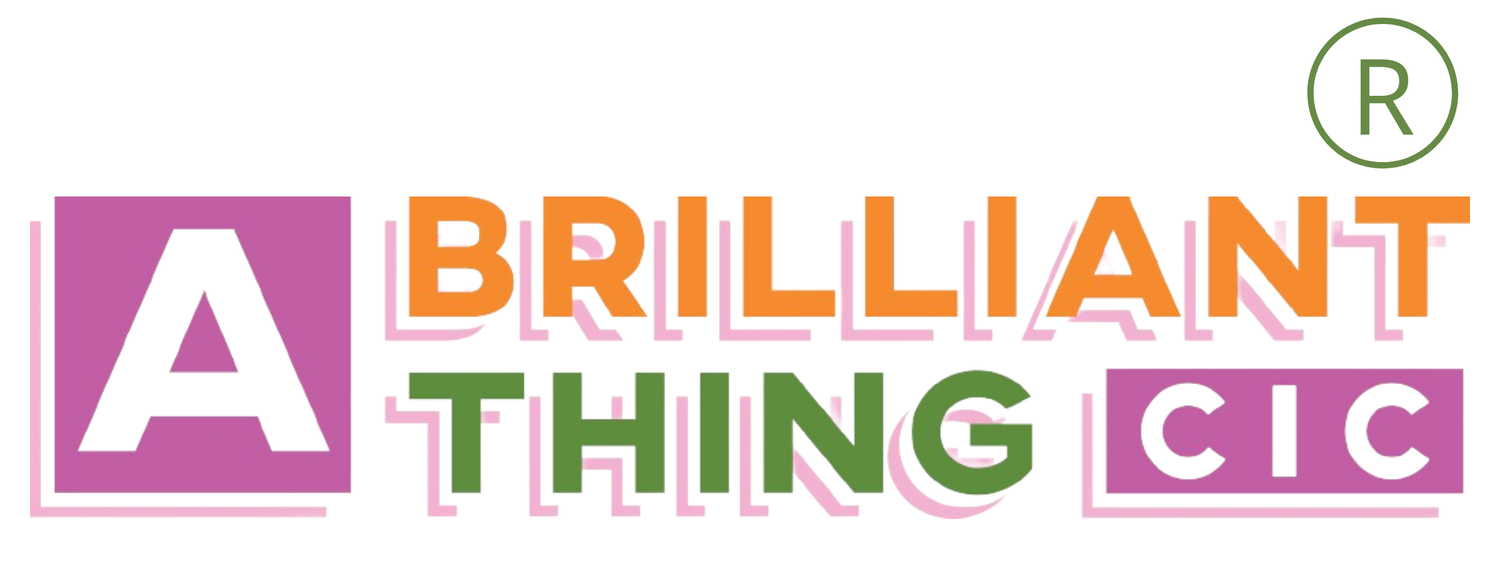Raise your Game with Creative Reflection
Reflection is vital as part of a creative process. Stepping back and reviewing what you are making, turning it over in your hands, looking through different lens and giving it space to breathe. For a maker, reflection deepens the connection to the thing being made, infuses meaning and clarifies the message or statement of the work. Reflection allows the maker space to change direction, reshape or start again.
Why reflect on your work?
When building a business or developing a project, structured reflection allows for new insights, connections and potential to be found. Reflecting as a team can build relationships, identify where to take risks, find potential collaboration points and understand what is and what is not working.
For the maker, the entrepreneur and the project manager
Reflection is a considered view of what has happened in the past, used to change the future.
Insights gleaned during reflections, inform decisions and decisions create next actions.
Reflection is pulling back the arrow- creating space which powers momentum as soon as you decide to let go.
The benefits of creative reflection
Introducing creative reflection practices, can elevate reflection time. A reflective pause and conversation, maybe using post-it notes, can help you move forwards. A creative reflection, activating imagination, strengthening problem solving skills, firing connections, can provide the launchpad to innovation. Creative reflection propels work, not just forward but upwards.
The Forbes article Self-Reflection Empowers Future Brand Growth by Sarah Malcolm describes the importance of the story, found through reflection alongside the data of your work. ‘When you take yourself out of the day-to-day actions of running a brand, you see the big picture again. You need this moment to make sure you are still focused on goals and growth.’
Dr Nicole Brown Director of Social Research & Practice and Education Ltd. and Lecturer in Education at the UCL Institute of Education, London, explains the benefits of creative reflection in learning ‘metaphors and symbols push learners towards deeper levels of engagement with what happened, gaining greater insights, reflecting more deeply and developing new understandings.’
Harvard Business Review explores Creativity and the Role of the Leader explaining ‘creativity is essential to the entrepreneurship that gets new businesses started and that sustains the best companies after they have reached global scale.’
Ideas for creative reflection
Creative reflection harnesses the value of a creative practice, this might be storytelling, poetry, drawing, collage, making or simply arranging collected items in a way that evokes meaning. But you don’t need to be an artist or have lots of art materials to bring creativity into your reflective time. Here are some ideas to try:
5-word poem, challenge yourself to sum up what happened in 5 words. If working in a team, compare your 5 word poems- are there overlaps?
Hold a storytelling ‘Dyad’. In pairs take turns to ask ‘what happened?’ each participant speaks uninterrupted for 3mins, then swap, ask and listen. Repeat the process at least 3 times. By the end you will have found the nub of what happened and built a stronger connection between you. You can also do this along by recording your 3min speeches and listening back.
Try a discovery map making session, individually or as a team to identify challenges, areas that flourish and find solutions to problems
Create a simple zine. Fold a piece of A4 paper in half, on the front write the facts of what happened. Then use the inner and back pages to free write, collage or doodle alternative endings or other options.
If you are interested in creative reflection but are not sure where to start, you may be interested in a creative coaching session for yourself or your team. Click here for more information.

